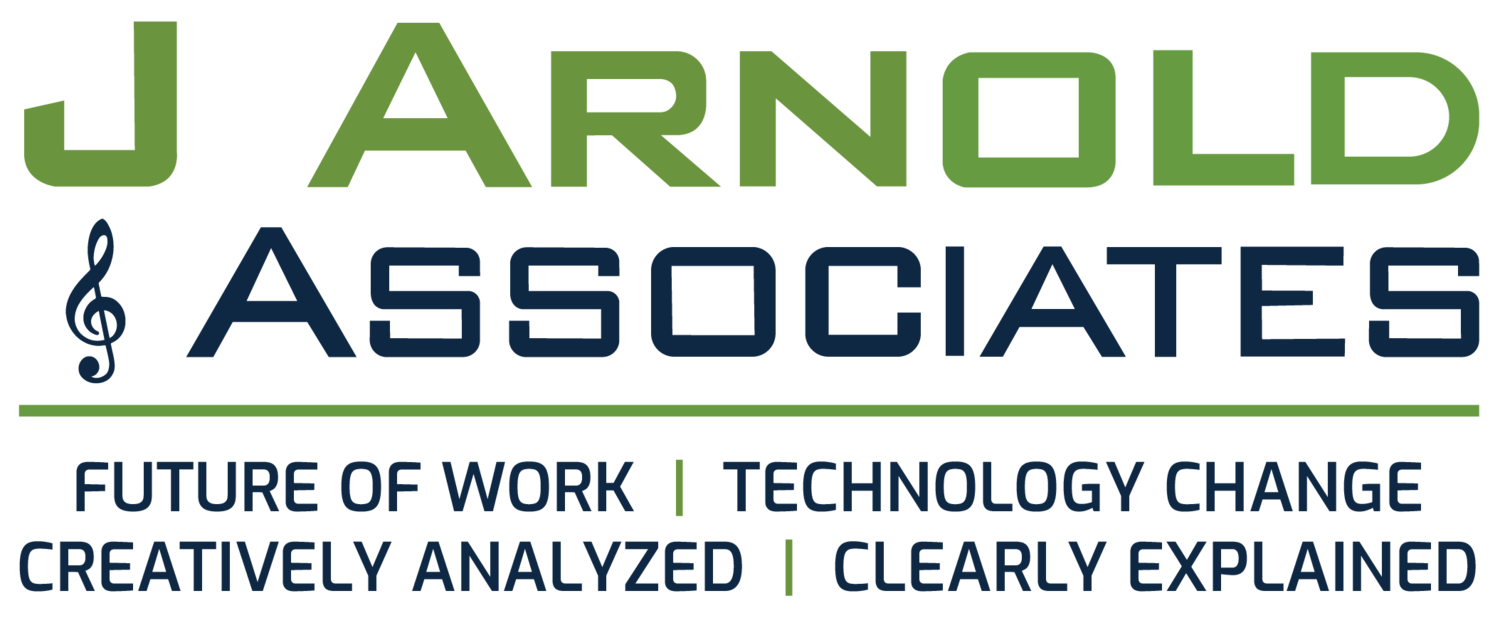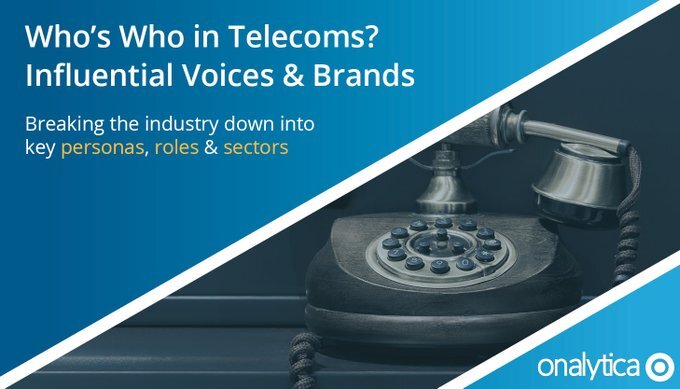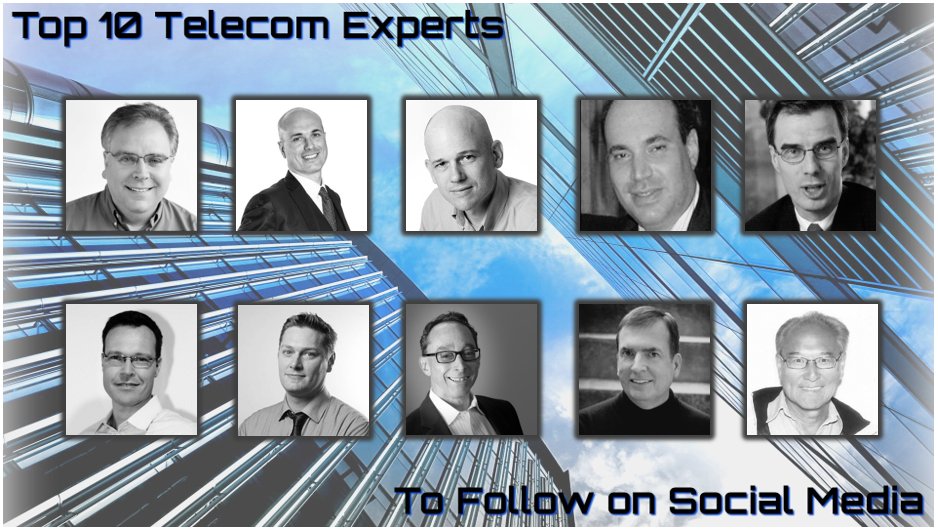5,216 failures = 1 great success - James Dyson and thoughts on innovation
/During my usual Sunday workout, I caught a segment of Fareed Zakaria's CNN show, GPS (Global Public Square). He's always great, and he had back-to-back interviews about innovation that I really enjoyed. The first segment was about Steve Jobs - lots of good insights there about how he broke all the rules and approached innovation completely on his own terms.
You don't need to me comment on what made Apple tick, but his next guest brought the inspiration for innovation down to a more accessible level. James Dyson is not quite a household word, but he's getting pretty close, especially for anyone house proud enough to do their own vacuuming. Anyone in that camp will know how he's completely re-invented a pretty mundane product, so much so that his namesake is now synonymous with vacuum cleaners - just like Kleenex is to tissue.
It's a great success story, and of course he's parlayed that into other areas such as hand dryers. I'm not a fan of the Dyson hand dryer, but their vacuum cleaner is great. When these products are perfected, they sure look simple, and it reminds me of Cisco's Collaboration Summit a couple of weeks back. I've commented enough about that, but the connection here is that their demos looked very easy - almost too easy. Well, you know all this collaboration technology is complex and still a work in progress, so you can appreciate how much work must have gone in to making it work so well.
Innovation is never easy, and this ties back a bit to the Steve Jobs reference. The big takeaway from that interview was his genius for translating complex technology into elegant design that makes an emotional connection with us. When you see an iPad, the immediate response is almost visceral - "I want that". Right? Dyson has done the same thing with their vacuum cleaners - the moment you see it, you know it's different, it's cool, and cleaning house will no longer be a chore.
I think Cisco has a long way to go with collaboration to get this effect, but in time, they should get there. Of course, their vision of collaboration is far more complex that sucking up dust from your floors, but ultimately, they need to make a similar emotional connection. I didn't get that feeling in Miami, but that doesn't mean it can't be done.
Coming back to James Dyson - and the title of this post - the light bulb moment from that interview was the virtue of perseverance. He didn't perfect his vacuum cleaner until the 5,217th try. He needed 5,216 failures to get 1 success, but it's fair to say the effort was worth it. I don't know if Apple had a comparable learning curve, but I suspect it's not much different.
Both of Fareed's interviews also picked up on the idea that the best products are designed by people who have a passion for them. You can't fake an emotional connection with a product, and at some primal, organic level, good design comes from those who really like the product.
Lots of food for thought here, and I'm just citing Cisco as a recent example of how hard this is to do, especially with services and applications. They're so intangible compared to physical products, and I think this could be the biggest challenge of them all as we move to hosted or virtualized environments. Endpoints like tablets, desk phones and video systems can create an emotional connection, but ultimately companies are buying the applications running over them.
Will Cisco and everyone in this space need 5,216 failures to get all this just right? Somehow I don't think they'll have that luxury, and I can't speak for the passion of their engineers. However, it's clear to me this won't be easy, and there's no getting around the lessons learned from Steve Jobs and James Dyson. Innovation represents the timeless challenge of mixing art and science, and I'd say you do whatever it takes to get both working for you.
I haven't seen a link yet for these interviews, but if you want a bit more on James Dyson, here's an essay he wrote for CNN about the need to take risks in innovation to make the U.S. a more competitive economy. Ditto!











